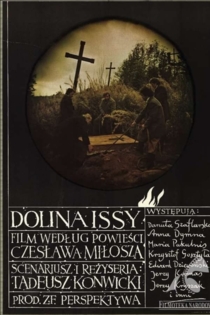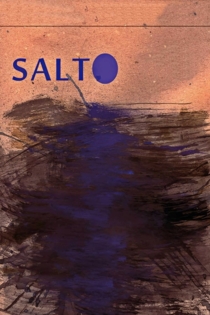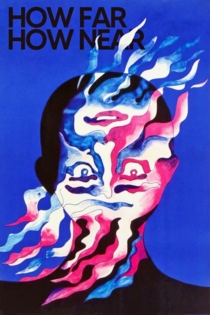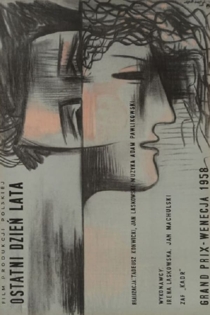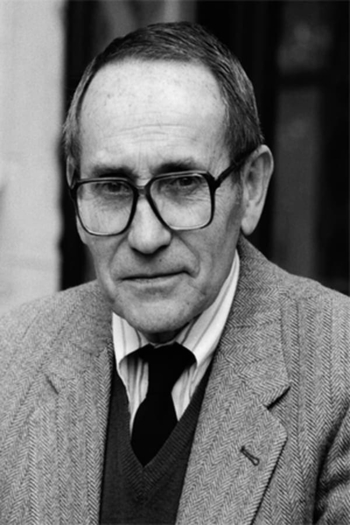
Tadeusz Konwicki
1926 - 2015Konwicki was born in 1926 in Nowa Wilejka, where he spent his early childhood. His father died early and Konwicki lived with his great-aunt and great-uncle who he later depicted in his novels. At the outbreak of World War II, Wilno was occupied by the Soviet Union and subsequently by Nazi Germany, and all education for Poles was discontinued. Konwicki continued his studies underground and joined the eighth Oszmiana Brigade of the Home Army that took part in the nationwide guerrilla operation code-named Operation Tempest and Operation Ostra Brama. He later disarmed and went into hiding from the Soviet Army. In November 1944, he joined Tur's (Witold Turonek) unit and fought until April 28, 1945 - one of the last guerrilla units in the area. After the war Wilno (as Vilnius) was annexed by the Soviet Union and Konwicki was expatriated.
In the spring of 1945 Konwicki moved to Kraków, where he enrolled at Jagiellonian University. He also started to work as a journalist at Odrodzenie weekly, moving to Warsaw in 1947 to continue his work for the magazine. In the capital, he was one of the leading advocates for Socialist Realism in literature. In 1948 he finished his memoirs of his partisan years (Rojsty), but the book was not published until 1956. His literary debut was the production novel Construction Site (1950, Przy budowie), which was followed by the novel Power (1954, Władza). His 1956 novel From a Besieged City (1956, Z oblężonego miasta) also became quite popular.
In the years 1952–1966 he was a member of Polish United Workers' Party. By the mid-1950s, Konwicki had become disillusioned by the communist regime in Poland and fell out of grace with the party. His later works, beginning with A Hole in the Sky (1959, Dziura w niebie), are mostly concerned with the author's childhood and the semi-mythical, romantic land of his youth.
At this time Konwicki became the head of the Kadr Film Studio and has since been recognized as one of the most notable members of the Polish Film School. However, his work veered away from the style pursued by his contemporaries, due to its uniquely bitter quality. As a filmmaker he is known for his Venice'58 Grand Prix winner The Last Day of Summer (Ostatni dzień lata, 1958), All Souls' Day (Zaduszki, 1961), as well as for his masterpieces Salto (1962) and How Far Away, How Near (Jak daleko stąd, jak blisko, 1973), as well as film adaptations: of Nobel Prize Winner Czesław Miłosz's book Issa Valley (Dolina Issy, 1982), and of Adam Mickiewicz's drama Forefather's Eve – Lava (1989).
He is widely known for two novels, published by the Polish underground press: The Polish Complex (1977) and A Minor Apocalypse (1979). The latter work, a bitter satire about a washed-up writer who is asked to burn himself in front of the Soviet-built Palace of Culture and Science, Warsaw; the novel was adapted as a 1993 French feature film, directed by Costa-Gavras. A Minor Apocalypse is a post-Orwellian parody that refers to specific historical events, such as self-immolation protests against the communist regime by Ryszard Swiec in Poland, and Jan Palach in Czechoslovakia.
From Wikipedia, the free encyclopedia
Przechodzień
Andrzej Titkow
Tadeusz Konwicki, Maciej Szary
The protagonist of "Passerby" is writer and filmmaker Tadeusz Konwicki. His story, which reflects the paradoxes of the 20th century history, is commented by means of fragments of his films, documentary newsreels and stage productions.
Passerby

Lawa. Opowieść o "Dziadach" Adama Mickiewicza
Tadeusz Konwicki
Gustaw Holoubek, Jolanta Piętek-Górecka
In the eve of the Day of the Dead, among mysterious old rituals of the Vilnius region, ghosts of the past and present start to appear.
A Tale of Adam Mickiewicz's 'Forefathers' Eve'
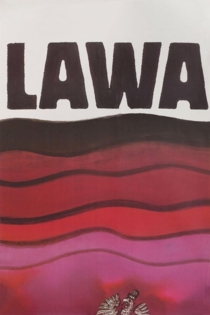
Kronika wypadków milosnych
Andrzej Wajda
Paulina Mlynarska, Piotr Wawrzyńczak
Set in the summer months preceding the September 1939 outbreak of World War II in Polish part of Lithuania. A young highschool lad, Witek, is hoping to pass the entrance exams to the university. His love interest is Alina, his high-school colleague.
Chronicle of Amorous Accidents
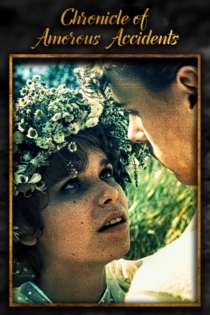
Zaduszki
Tadeusz Konwicki
Ewa Krzyżewska, Edmund Fetting
A pair of lovers go off to a small hotel in a little town. The memories of war, however, intrude on their idyll. The girl and boy relive certain wartime experiences in flashback. She was a communist who drove a boy loving her to give himself up.
All Souls' Day
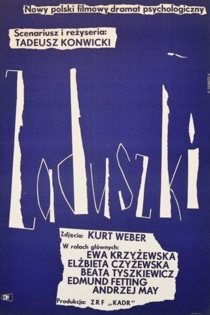
Dolina Issy
Tadeusz Konwicki
Anna Dymna, Maria Pakulnis
The film evokes a childhood in rural Lithuania between the wars. A country boy, Tomaszek, lives on a rich estate, situated on the Polish border. He realizes that the Issa Valley he lives in is to be torn apart by internal political conflicts and unrests among the mixed population of Poles, Lithuanians, Jews and Russians. He, however, is captivated by a paradise surrounding him, the forest, and his fantasies.
The Issa Valley
